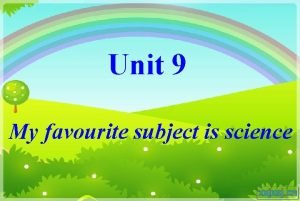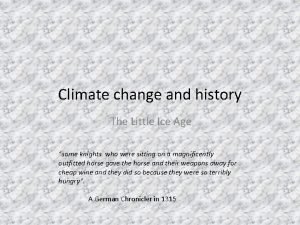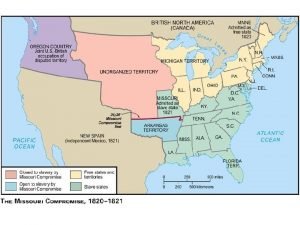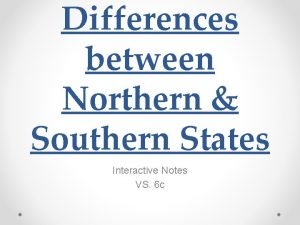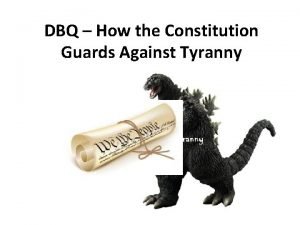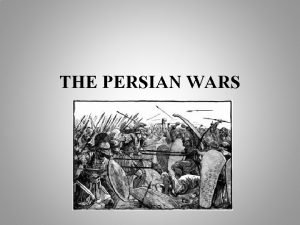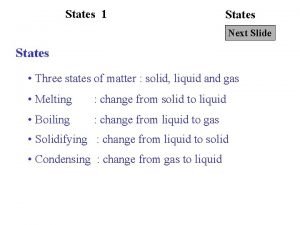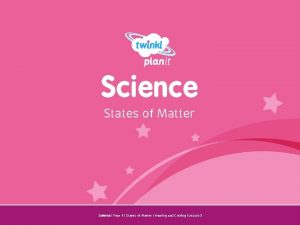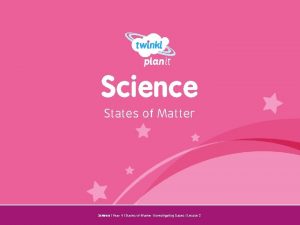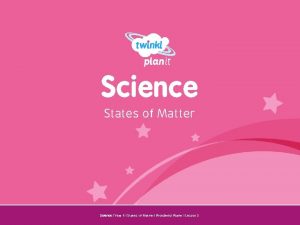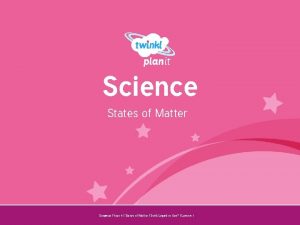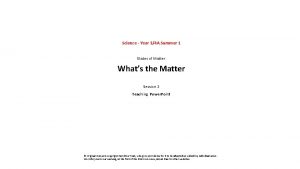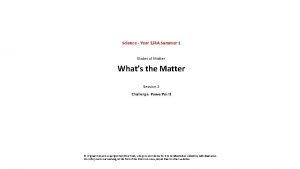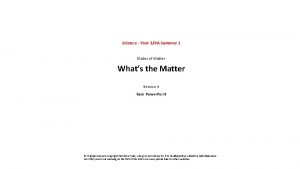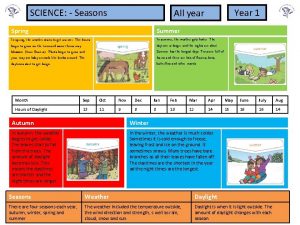Science Year 34 A Summer 1 States of










- Slides: 10

Science - Year 3/4 A Summer 1 States of Matter What’s the Matter Session 4 Teaching Power. Point © Original resource copyright Hamilton Trust, who give permission for it to be adapted as wished by individual users. We refer you to our warning, at the foot of the block overview, about links to other websites.

Water exists naturally on Earth in 3 different states. Can you name them? Liquid Solid Ice Gas Remember you can’t actually see water vapour though Water Vapour Water naturally changes state. Let’s recap on the scientific words for these changes.

Can you name these 2 changes? Melting Freezing

What are these 2 changes called? Evaporation Condensation

Here are some pictures of water changing state. Talk with a partner and try to name the change of state that is happening in each one. 1 2 3 Frost forming on a damp car windscreen A mirror misting up when you breathe on it Wet clothes drying on a line 4 Droplets appearing on the outside of a cold glass of water 5 Icicles dripping in the sun 6 A puddle drying up after rain

How did you do? 1 Freezing Frost forming on a damp car windscreen 4 2 Condensation A mirror misting up when you breathe on it 5 Condensation Droplets appearing on the outside of a cold glass of water 3 Evaporation Wet clothes drying on a line 6 Melting Icicles dripping in the sun Evaporation A puddle drying up after rain

Let’s think a bit more about evaporation What is happening in each picture?

Sometimes things seem to dry up (evaporate) very quickly, whereas other times they don’t. Why might that be? Evaporation takes place when water particles on the surface of the liquid become free – they break their bonds with other particles and drift away into the air What factors do you think could speed up evaporation? What factors might slow it down?

What is your theory? Decide in your group what you think would speed up/ slow down evaporation Here are some ideas you may have had: Sunlight / s s e n l l i t s Wind / Warmth / cold shade rs o o d t u o / s r o Indo Or your group may have thought of a different idea Your task is to design an experiment to test out your theory

First, think of a way to measure evaporation. There are lots of different ways you could do it. These pictures might give you some ideas Discuss ideas in your group and come up with a plan Remember, it will need to be a fair test!
